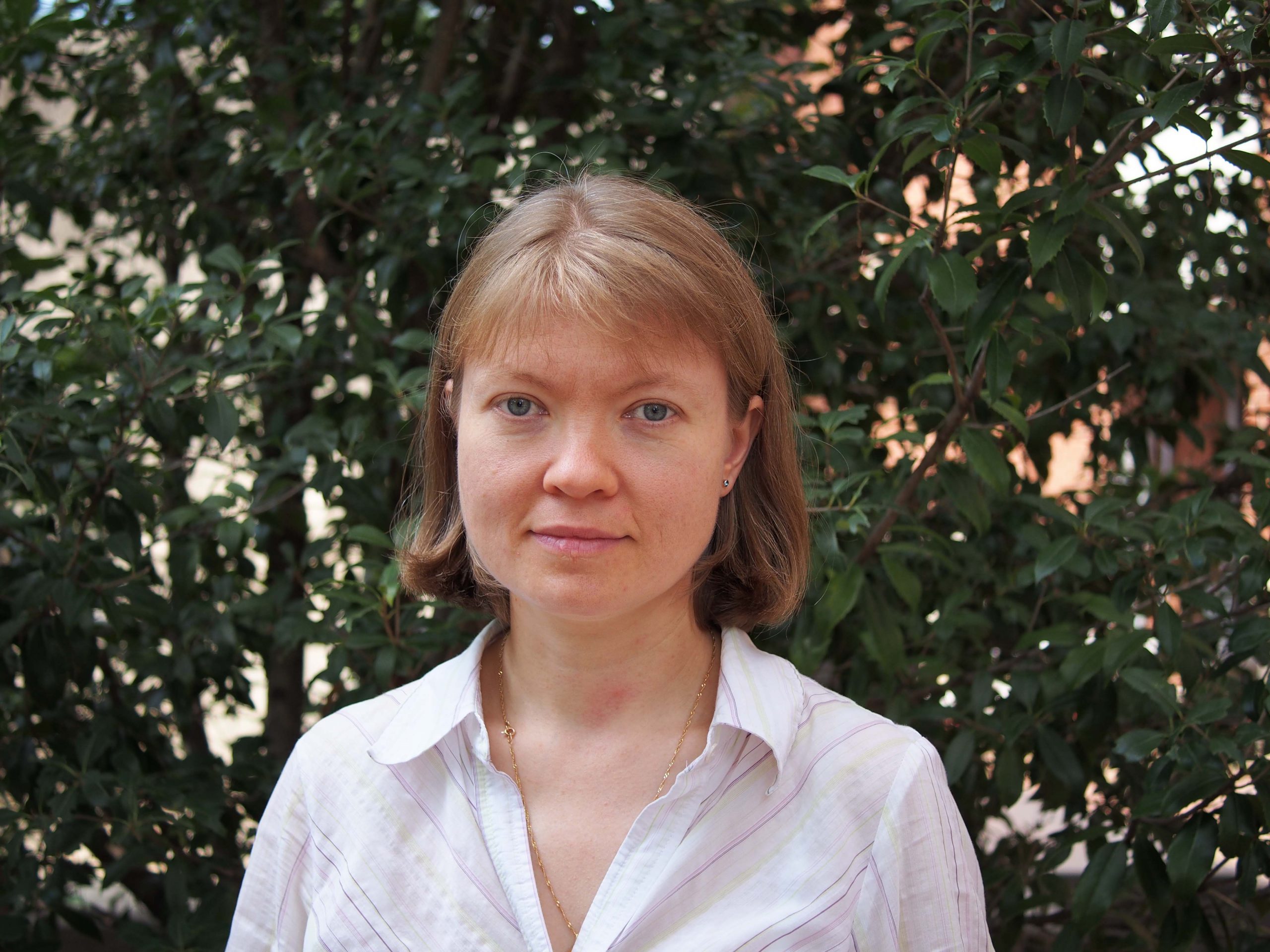
March 17, 2021
4-5pm
Hosted By Dr. Ayalew Osena
Phytohormones are critical regulators of plant development and environmental responses. In the past three decades, the molecular pathways that govern hormone biosynthesis, signaling, and catabolism have been largely mapped out using a combination of genetics, molecular biology, biochemistry, and cell biology approaches. Despite the major progress, our ability to monitor and precisely control hormone action remains limited. With the development of inexpensive DNA synthesis technologies and the rise of synthetic biology as a new discipline at the intersection of molecular genetics and engineering, new molecular tools can now be built to enable hormone tracking and targeted hormone manipulation. We have generated a synthetic biology toolbox that allows rapid construction of multi-hormone transcriptional reporters. In addition, we are building CRISPR-based logic gate devices to confer novel, highly restricted patterns of expression to any genes of interest using a limited set of available native and synthetic drivers. The latter technology can be employed to tune the expression levels and subtract undesired domains of expression from existing drivers to precisely control output genes of interest, such as hormone biosynthesis, signaling, or catabolism genes, to regulate plant architecture, responses to stress, and other traits of interest. By combining multi-hormone reporters and genetic logic devices, we aim to shed fresh light on the mechanistic role of hormones in orchestrating plant development and stress physiology. That knowledge can then be relied upon to develop resilient next-generation crops.